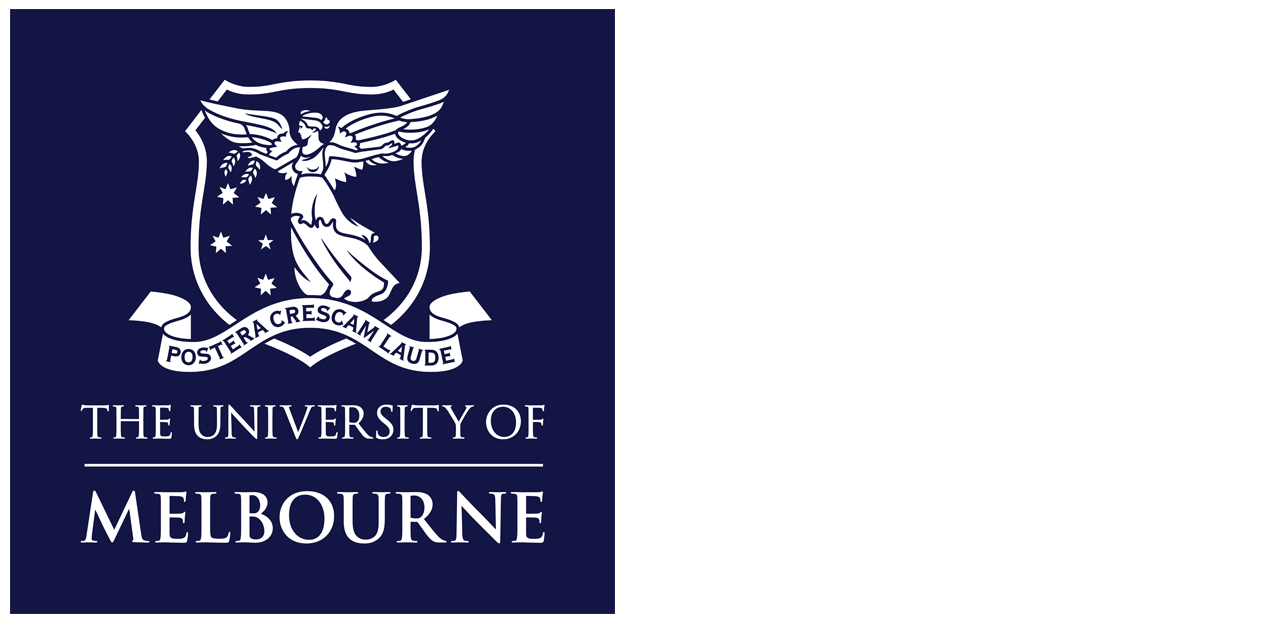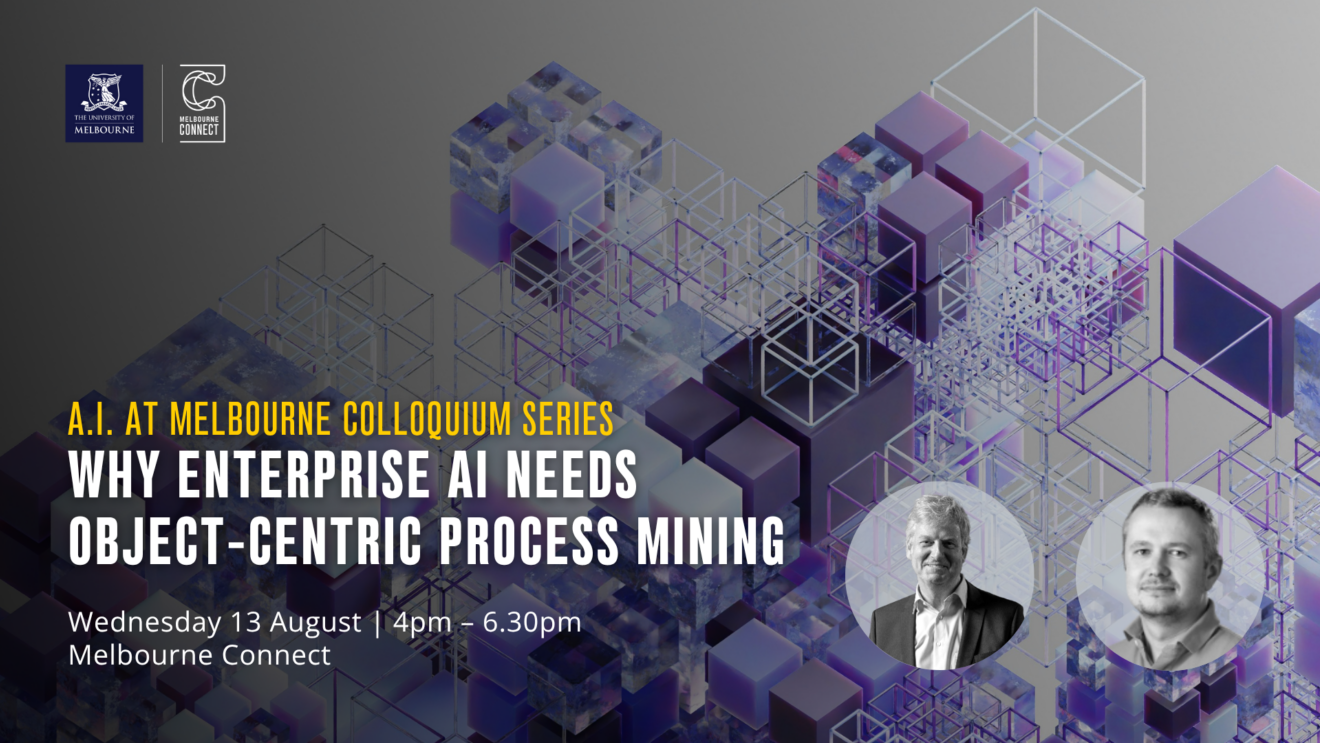

Learn how new process mining approaches help AI make smarter decisions with Prof. Wil van der Aalst and Prof. Artem Polyvyanyy.

To add real value in enterprise settings, AI systems must be aware of the underlying business processes they aim to improve. Traditional approaches often ignore the structure and dynamics of these processes, leading to suboptimal results. This talk presents Object-Centric Process Mining (OCPM) as a foundation for process-aware AI. OCPM captures how different business objects—such as orders, products, and customers—interact across overlapping lifecycles. Analyzing large-scale event data reveals actual process behavior and uncovers inefficiencies, compliance issues, and improvement opportunities. We often only realize there is a process when it fails. OCPM is the next step in the evolution of process mining. This implies reinventing and extending existing techniques for process discovery, conformance checking, and prediction. However, OCPM is extremely powerful and generic. It enables generative, predictive, and prescriptive AI (including many techniques from Operations Research). We demonstrate how object-centric models support interpretable, trustworthy AI by providing structure, context, and transparency. This integration is essential for building AI systems that optimize enterprise operations in a reliable and scalable manner.
About the Speaker
Professor Wil van der Aalst
Aachen University, Germany & Chief Scientist, Celonis
Prof.dr.ir. Wil van der Aalst is a full professor at RWTH Aachen University, leading the Process and Data Science (PADS) group. He is also the Chief Scientist at Celonis, part-time affiliated with the Fraunhofer FIT. His research interests include process mining, Petri nets, business process management, workflow management, process modeling, and process analysis. Wil van der Aalst has published over 1100 articles and books. According to Research.com, he is the second highest-ranked computer scientist in Germany and ranked 9th worldwide. According to Google Scholar, he has an H-index of 185 and more than 160.000 citations. Van der Aalst is an IFIP Fellow, IEEE Fellow, and ACM Fellow, and he received honorary degrees from the Moscow Higher School of Economics (Prof. h.c.), Tsinghua University, and Hasselt University (Dr. h.c.). He is also an elected member of the Royal Netherlands Academy of Arts and Sciences, the Royal Holland Society of Sciences and Humanities, the Academy of Europe, the North Rhine-Westphalian Academy of Sciences, Humanities and the Arts, and the German Academy of Science and Engineering. In 2018, he was awarded an Alexander-von-Humboldt Professorship.
Process mining develops methods, techniques, and tools to understand and improve organisational processes using the event data these processes generate. Traditional process mining takes a top-down perspective, assuming that processes are centrally controlled and can be decomposed into hierarchies of subprocesses and activities. However, in knowledge-intensive contexts, control is often distributed among autonomous participants, goals are achieved through the collaboration of intelligent workers, and workflows adapt dynamically with the problems being addressed. To respond to this, we adopt a bottom-up approach to process analysis. Specifically, we use event data to understand organisations as systems of interacting intelligent agents working collectively towards organisational goals. This perspective provides insights into internal capabilities, supports improvements in how process participants work and collaborate, and helps identify opportunities to introduce AI agents to augment organisational work.
About the Speaker
Professor Artem Polyvyanyy
Associate Professor, School of Computing and Information Systems (CIS), Faculty of Engineering and Information Technology, University of Melbourne
Process mining develops methods, techniques, and tools to understand and improve organisational processes using the event data these processes generate. Traditional process mining takes a top-down perspective, assuming that processes are centrally controlled and can be decomposed into hierarchies of subprocesses and activities. However, in knowledge-intensive contexts, control is often distributed among autonomous participants, goals are achieved through the collaboration of intelligent workers, and workflows adapt dynamically with the problems being addressed. To respond to this, we adopt a bottom-up approach to process analysis. Specifically, we use event data to understand organisations as systems of interacting intelligent agents working collectively towards organisational goals. This perspective provides insights into internal capabilities, supports improvements in how process participants work and collaborate, and helps identify opportunities to introduce AI agents to augment organisational work.